Related products
-
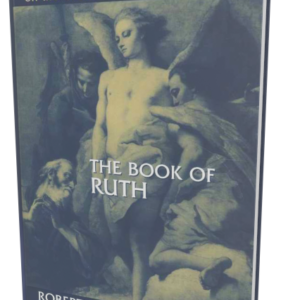
NICOT: The Book of Ruth, by Robert L. Hubbard, Jr. (1988)
$33.90 Add to cart -
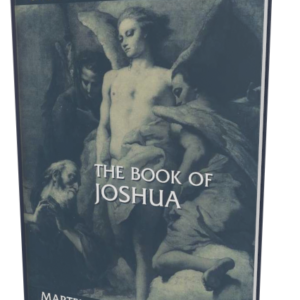
NICOT: The Book of Joshua, by Marten Woudstra (1981)
$37.90 Add to cart -
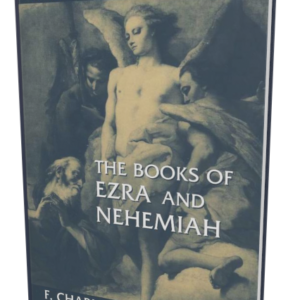
NICOT: The Books of Ezra and Nehemiah, by F. Charles Fensham (1982)
$31.90 Add to cart -
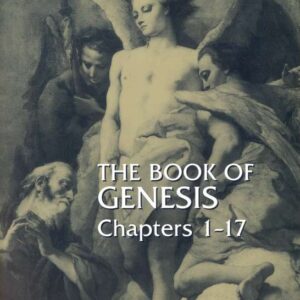
NICOT: The Book of Genesis, I and II, by Victor P. Hamilton (1990/1995)
$85.90 Add to cart -
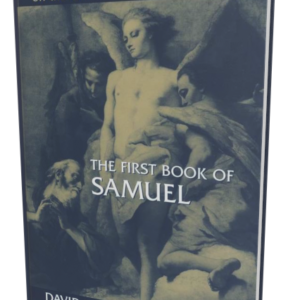
NICOT: The First Book of Samuel, David Toshio Tsumura (2006)
$43.90 Add to cart
Reviews
There are no reviews yet.
Be the first to review “FOTL: Psalms, Part 1 (1-60) (Gerstenberger)” Cancel reply


FOTL: Psalms, Part 1 (1-60) (Gerstenberger): With an Introduction to Cultic Poetry / January 01, 1988
Requires Accordance 10.4 or above.
Erhard Gerstenberger begins this volume with an examination of the nature of cultic poetry, its role in ancient Near Eastern religion, and more specifically its role in the religion of Israel. He goes on to survey the genres of cultic poetry, including lament, complaint, and thanksgiving, and then focuses on the book of Psalms as an example of cultic poetry, first analyzing the book as a whole and then working through Psalms 1-60 unit by unit.
About the Series:
The Forms of the Old Testament Literature (FOTL) is a series of volumes that seeks to present, according to a standard outline and methodology, a form-critical analysis of every book or unit of the Old Testament (Hebrew Bible). Fundamentally exegetical, each volume examines the structure, genre, setting, and intention of the biblical literature in question. The series also endeavors to study the history behind the form-critical discussion of the material, to bring consistency to the terminology for the genres and formulas of the biblical literature, and to expose the exegetical procedure in such a way as to enable students and pastors to engage in their own analysis and interpretation.
Product Details